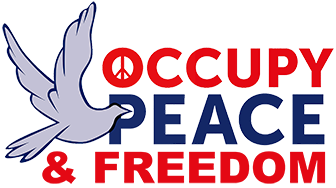Forrest Hylton
20 June 2022
Despite the rain, a massive street party to celebrate democracy started in Colombia on Sunday evening and lasted through the night. Though the hangover is likely to be severe, cities erupted with joy and relief. Most final polls, taken a week before yesterday’s election, showed Gustavo Petro and Rodolfo Hernández more or less even, but Petro won by 50.44 to 47.3, with 11.28 million votes, nearly three million more than he got in the first round on 29 May. Hernández, who got 10.57 million votes, over five million more than in the first round, conceded immediately and quietly, from his home in Bucaramanga, Santander. President Iván Duque announced he would begin to work with Petro’s team to handover power on 7 August. Petro invited the Colombian people to celebrate their victory.
On inauguration day twenty years ago, 7 August 2002, less than a year into the Bush-Cheney-Rumsfeld global war on terror, a group of criminals hired by the Farc guerrillas hit the Colombian Congress with missiles. This played into the counter-insurgent hands of the newly elected president, Álvaro Uribe, who came to power pledging not to negotiate with terrorists but, with the help of the US, to defeat them militarily.
Uribe – who is currently on trial for bribery and witness tampering – has defined the shape of Colombia ever since. After serving two terms as president, Uribe led the opposition to the peace process between his successor and former minister of defense, Juan Manuel Santos, and the Farc until the two parties signed an agreement in November 2016. In 2018, Uribe got Duque, who had been an anonymous functionary in Washington for most of his adult life, elected on a far-right ticket.
Duque has been a lame duck who inspired general strikes and popular uprisings against his programme of austerity, regressive taxation and privatisation. Uribe is the most detested politician in the country. Last night’s election was a dramatic rejection of Uribe and his destructive legacy, especially in Antioquia, the stronghold of uribismo, where Hernández took 1.82 million votes and Petro 942,000.
An unknown number of Uribe’s supporters, who voted for Federico Gutiérrez in the first round, chose to stay home rather than vote for Hernández. Others may have cast blank votes, which came to 500,000 nationwide. Petro, meanwhile, increased his votes in Antioquia by more than 250,000.


Recent Comments